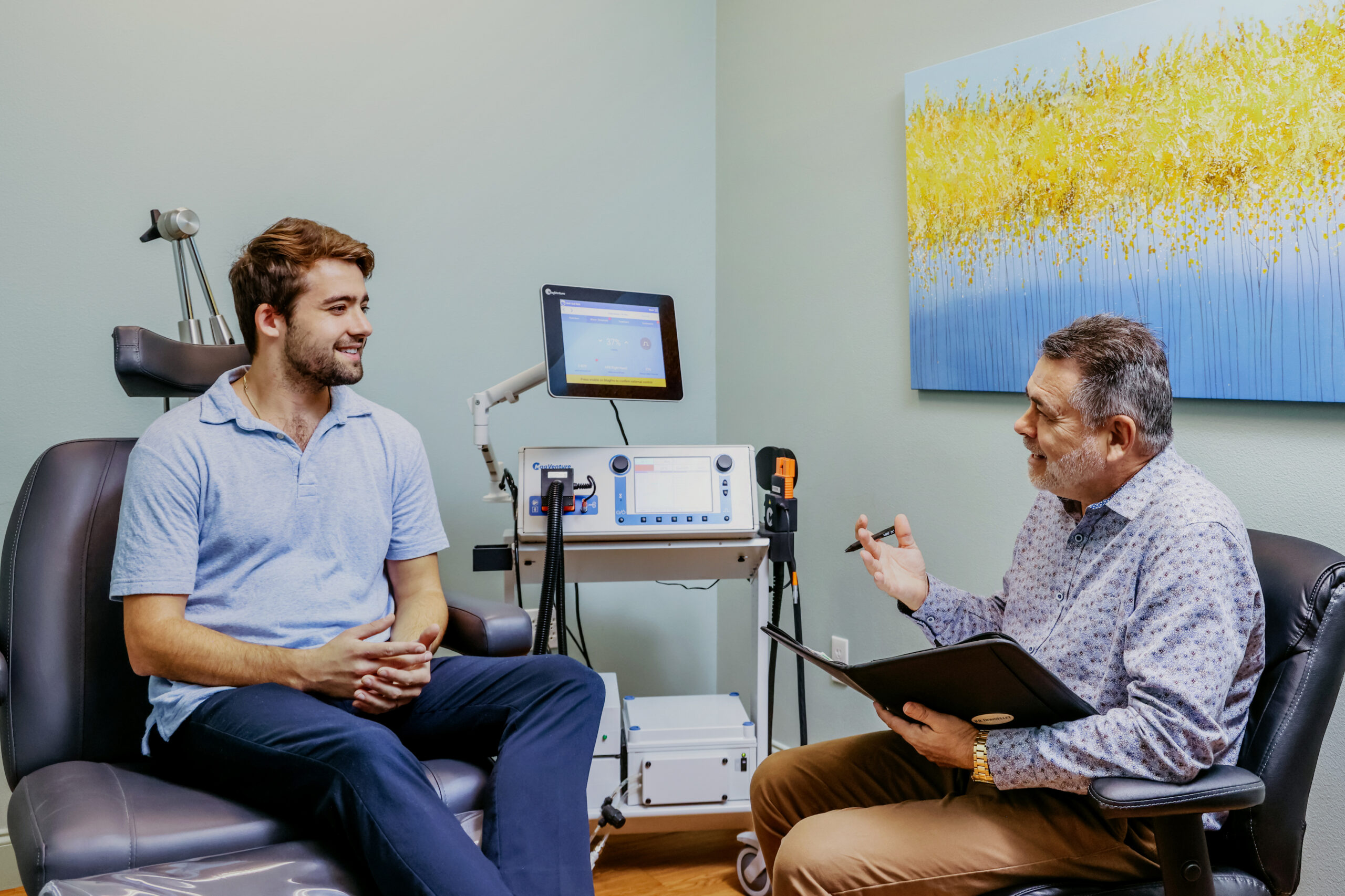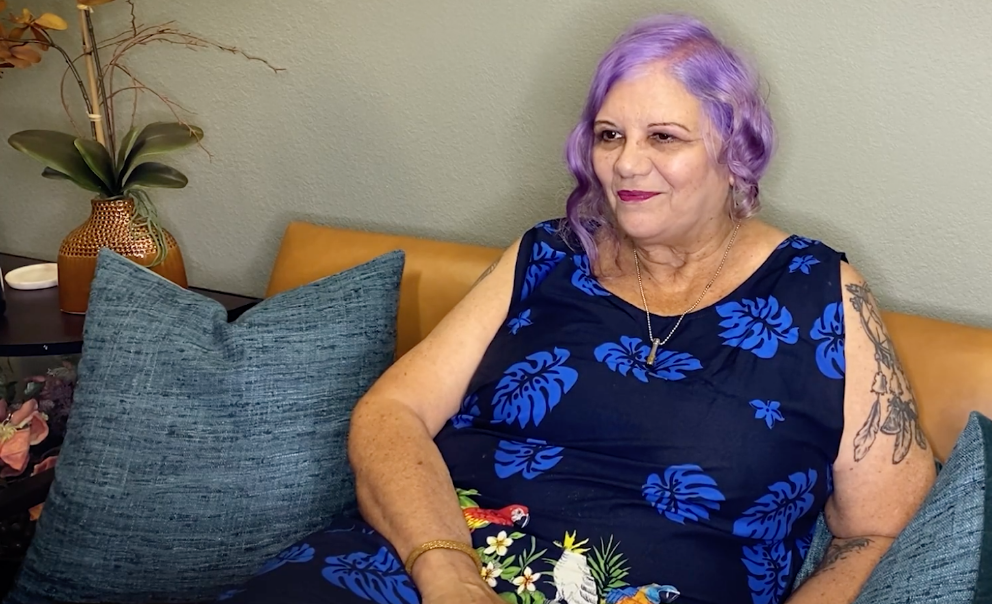How Do Depression Treatments work?
- 1
Where does depression occur?
I want to give some context on what depression looks like in the brain from a neurological perspective. Depression occurs in the prefrontal cortex (upper left-hand side of your brain). More specifically, it occurs in the mood circuit – the part of the brain that regulates (you guessed it) your mood.
- 2
Depression: What Exactly Happens?
When depression occurs – either from elevated environmental stress, bad genes, poor coping skills, bad life decisions, or medical conditions that cause depression – the mood circuit of the brain becomes underactive. It falls asleep. In other words, some of the neurons (a.k.a brain cells) located in the mood circuit give off below-average neurochemicals (dopamine, norepinephrine & serotonin) – the chemicals most commonly associated with happiness.
- 3
What is the Purpose of TMS & Antidepressant medication?
These treatments attempt to “wake up” the mood-regulation circuit by stimulating the brain cells and restoring the neurochemicals to normal levels. Both treatments are used to reverse depression and help get your life back.
- 4
Antidepressants Vs. TMS
The key difference between antidepressant medication & TMS is that one uses chemical stimulation & the other uses electromagnetic stimulation, respectively. Before diving further into that difference, I want to explain why TMS is such an exciting clinical breakthrough for depression. [Click the button below to learn more about TMS Therapy]
Real TMS Experiences
Handwritten surveys
-
Andy Cowsky
Read Andy’s Survey“I’m not depressed. I’m calm & Happy!”
-

Katherine F.
Read Katherine’s Survey“I cut my medication in half! I truly want to live my life”
-
Kristina H.
Read Kristina’s Survey“I don’t have any depression!”
-

Melissa G.
Read Melissa’s Survey“TMS tx feels like a miracle to me”
3 Minute Depression Test
- 7275771203
- Free Consult
FAQ’s
Yes! With the exception of Medicaid, all major Insurance plans cover TMS therapy. Dealing with insurance companies can be a daunting, overwhelming & intimidating task. For someone who is unfamiliar with the insurance coverage process, this can be a nightmare. Luckily, our practice has dealt with these insurance companies for over 30 years. We have created an efficient process that allows us to check and see if you’re covered. Let us handle the insurance headache while you fight your depression. Learn more here
One of the advantages of TMS therapy is its lack of annoying side effects compared to drug therapy. Sometimes antidepressants can cause sexual issues, weight gain, make you feel like a zombie or have numb feelings. TMS doesn’t come with any of that. It is safe. And it’s effective. Learn more here
Research has shown that when antidepressants are ineffective, TMS is the better option. Over 80% of patients benefit from TMS therapy! None of our patients get worse.. what do you have to lose?
No! They are completely different treatments. Unlike ECT, TMS is a non-invasive treatment. One common side effect of ECT is memory loss. TMS can actually help improve your memory as your depressive symptoms go away.
No! TMS can help alleviate more than just your depressive symptoms 🙂 Our TMS patients typically battle multiple diagnoses: Anxiety, Insomnia, Depression, PTSD, Traumatic Brain Injuries, OCD & more. With customized treatments, TMS can help!
The best way to describe TMS benefits is by reading reviews from our TMS patients. We strongly encourage you to read the TMS success stories. We have videos, handwritten reviews, google reviews, and long-form TMS reviews. Each story displays the effective, life-changing benefits of TMS 🙂








